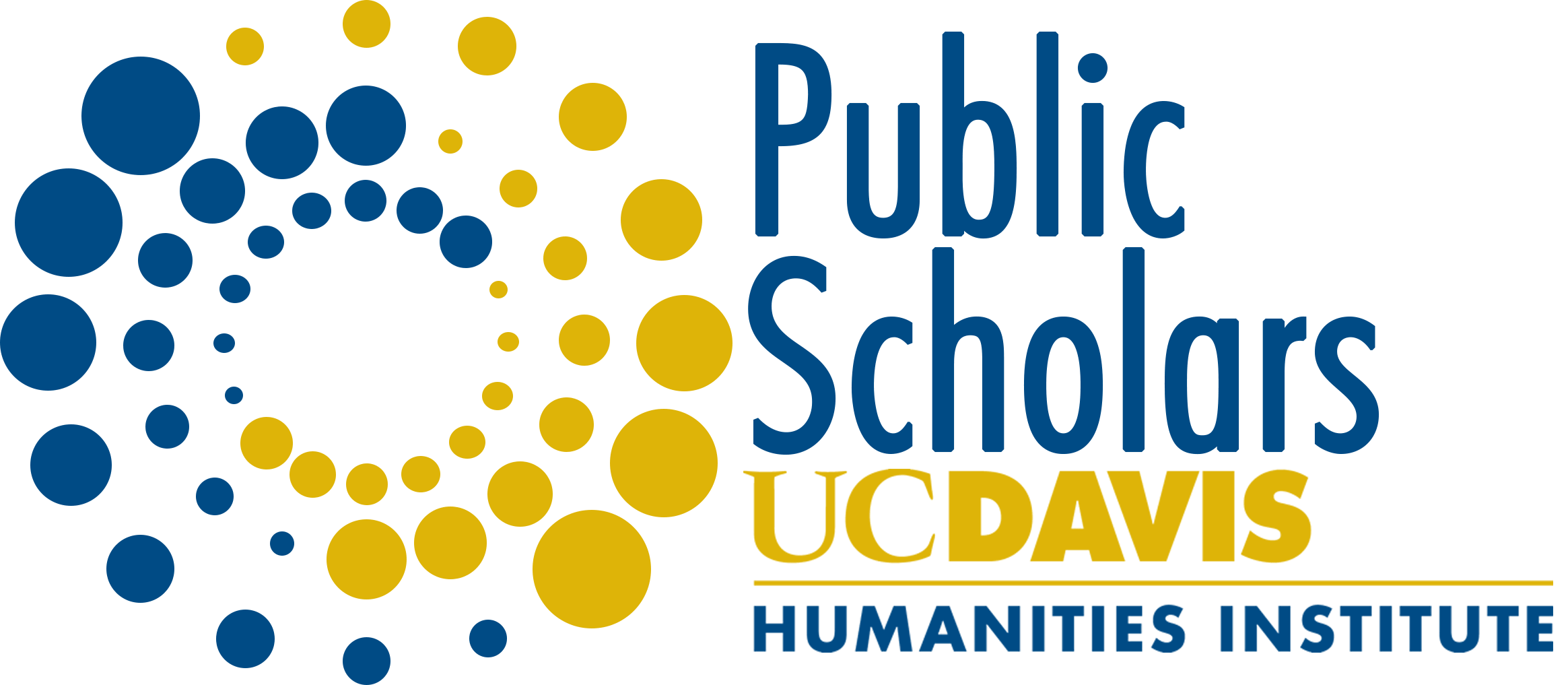Reflections From The Sea: What Does It Really Mean to Do Public Scholarship Abroad?

In the wake of Hurricane Irma, which has swept through the Caribbean basin this past week, I am thinking of environmental turmoil as a metaphor for political turmoil. If Irma has stirred all of this commotion because the lives of many around the Caribbean are put at risk; political causes are just as dangerous as environmental threats to the lives of activists and grassroots organizers.
During the month of July, I had the opportunity and privilege of collaborating with a fabulous group of trans women in Cuba whose political agendas, employment status and even approaches to daily life differed greatly from one another. My summer project involved traveling to Cuba, mainly Havana, Matanzas, Varadero and Santa Clara, where I connected with LGBT grassroots organizations and official institutions. I was set to aid in the creation of 5 digital stories. We were able to accomplish the creation of 3 of those in spite of the difficulty of accessing digital media and internet content. But through our collaboration, I was constantly reminded of one incisive question that is pivotal for public scholars:
For whom is this research being done?
It seemed a little contradictory to build digital stories in a country where the dissemination of all things digital is extremely limited and difficult. The project of creating digital stories had as one main objective to bring visibility and voice the concerns of trans community members in certain parts of Cuba. I was proposing that, through digital storytelling, their voice could be heard at large and abroad.
But from my regular interactions with these women, I came to realize that their voices were already resonating and sounding strong. And, in many instances, that voice also remained silent. The politics of silence is a tactic for survival within the transgender community in Cuba, a set of politics that marks the difference between life and death. And, yet, in spite of the risks and consequences, these women go into the streets of the capital city and resist through their daily interactions with their own reality.
This reflection about for whom we, as public scholars, speak brings me to question my own methods. Digital storytelling’s whole premise relies on the incorporation of marginal voices into mainstream discourses, in my case the academic discourse. But recognizing that a voice needs to be incorporated also speaks to the power dynamics associated with issues of visibility, empowerment, and marginalization.
The trans women I collaborated with already had a voice and at times they decided not to use it but not because they didn’t want to be political or visible, but because their life depended on it. As I bring back their stories into the US academy, I wonder whether their voice will have an impact on their way of life. And, in that sense, the question remains:
For whom am I doing this research?
